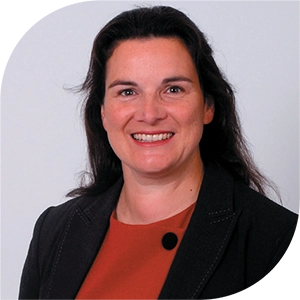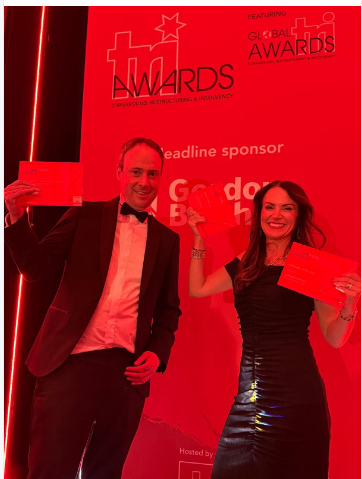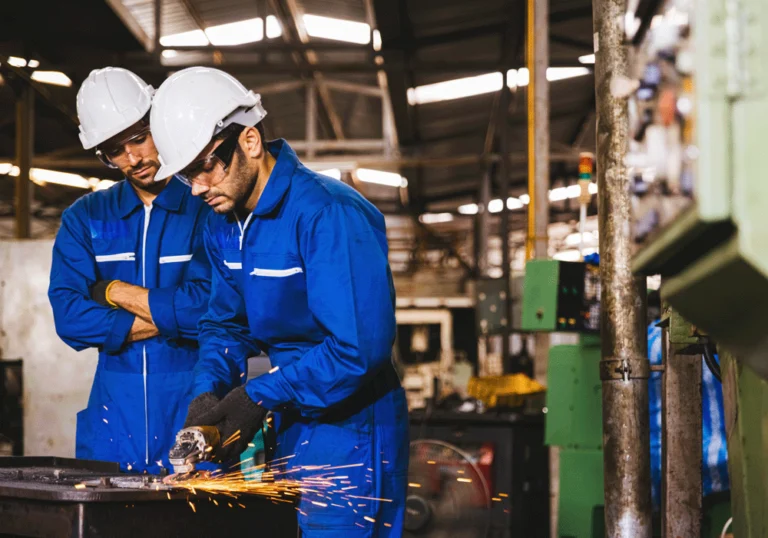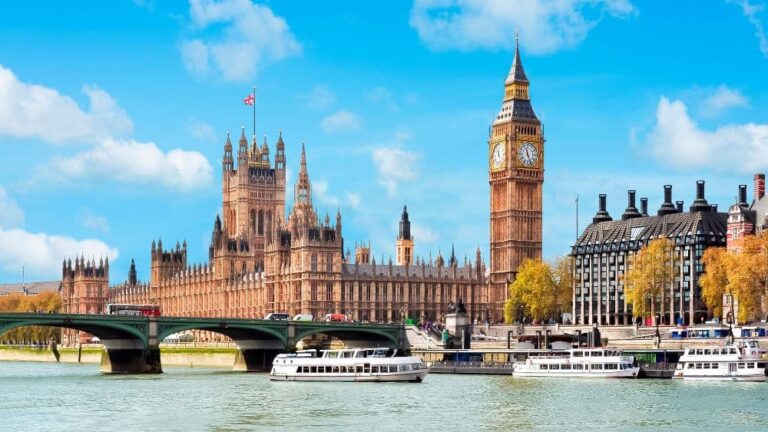
Capital allowances: Full expensing made permanent
Autumn Statement 2023
At this year’s Spring Budget, the Government announced full expensing to write off the cost of certain capital expenditure incurred by companies against taxable profits from 1 April 2023 to 31 March 2026. Jeremy Hunt had indicated an intention at the outset to make full expensing permanent. Today it was announced at the Autumn Statement that this would indeed happen.
What is full expensing?
The capital allowance regime allows businesses to write off the cost of certain capital expenditure against their taxable profits, thus reducing their overall tax bills.
To encourage investment, since 1 April 2023 companies can claim 100% first year capital allowances on qualifying expenditure on new plant and machinery. This allows full tax relief on expenditure in the year it is incurred. This could include equipment, lorries, computers and certain fixtures such as kitchen and bathroom fittings, data cabling and alarm systems.
For example, £500,000 spent on qualifying items would give £125,000 off a corporation tax bill for a company paying tax at 25%. The amount of expenditure that can qualify for full expensing is uncapped.
Companies should not forget the Annual Investment Allowance (AIA) of £1 million, which was made permanent at that level from 1 April 2023. If the AIA has not already been used against assets which would otherwise only qualify for 50% first year allowances, then it is normally preferable to claim 100% AIA rather than full expensing due to the way proceeds are taxed when the assets are sold.
50% first year allowance
The current 50% first-year allowance (FYA) allows companies to deduct half the cost of certain plant and machinery from their profits in the year of purchase. This was introduced from 1 April 2021 and has been made permanent in the Autumn Statement, rather than ceasing in 2026. This applies to expenditure on new special rate and long-life assets and includes expenditure such as electrical works, heating systems, lighting and solar panels.
This will be helpful to companies spending more than their £1 million annual investment allowance (AIA) limit where 100% tax relief can be achieved. Otherwise, such special rate expenditure would only attract 6% writing down allowances and tax relief would be far slower. Given the substantial cost of capital with interest rates remaining high, these allowances will be welcome news to companies who invest in new plant and equipment.
There are still exclusions to consider for full expensing and 50% FYA, which include cars, assets which are leased (except background plant and machinery in a building) and those assets which are not new expenditure. However, the annual investment allowance is still available for leased assets and second-hand expenditure.
Leasing exclusion from qualifying for full expensing
Assets that are leased or hired out are excluded from qualifying for full expensing and 50% first-year allowances. In today’s Autumn Statement it was announced that a working group will be set up to consider options for the treatment of leased assets and whether the rules can be amended going forward. In particular, the group will focus on the question of whether full expensing could be made available to expenditure on plant and machinery for leasing where the lessor is treated as the owner of the asset for capital allowance purposes.
Technical consultation
Today it was also announced that a technical consultation will be launched on potential wider changes to the plant and machinery capital allowances legislation, given the Government’s longer-term ambition to simplify the tax system. The working group meetings will start from January 2024, with an aim of publishing draft legislation in summer 2024.
Deferred tax
One significant issue is that deferred tax on the balance sheet will continue to grow for many companies. Most companies are receiving tax relief under the capital allowance regime far faster than the asset is being depreciated or written off in the accounts.
Investment zones and freeports
At Spring Budget 2023, the Government launched the re-focussed Investment Zones programme. This already includes 100% plant and machinery tax relief and 10% structures and buildings allowance. The programme will be extended from five to 10 years to provide greater certainty to investors. As part of the Autumn Statement, a new set of Investment Zones were also announced today in Greater Manchester, the West Midlands and East Midlands.
The Government is also extending the duration of tax reliefs available in Freeports from five to 10 years. These areas have taken longer to get up and running than expected and therefore this is a welcome extension.
For more analysis, visit our Autumn Statement hub.
Written by












